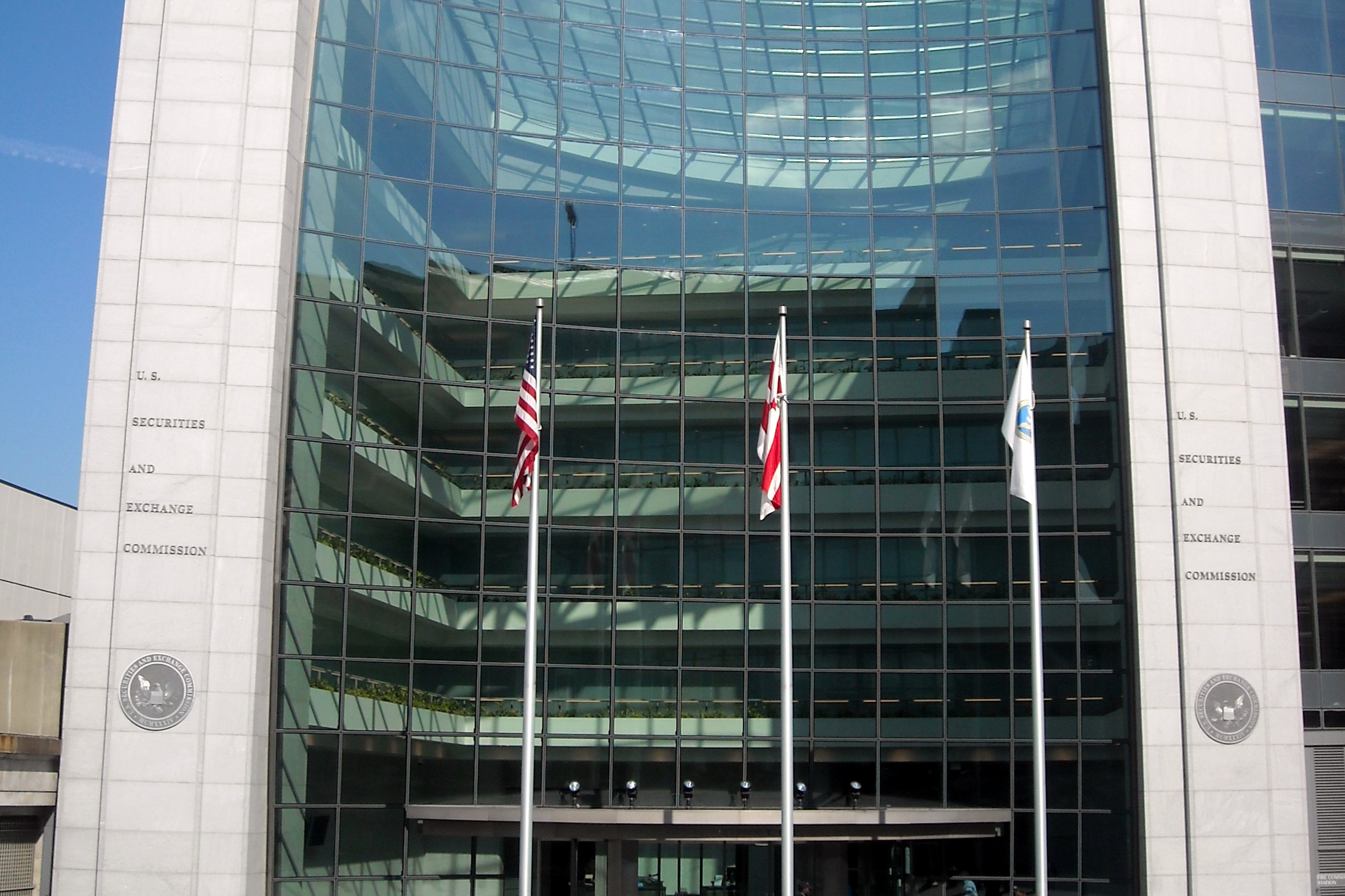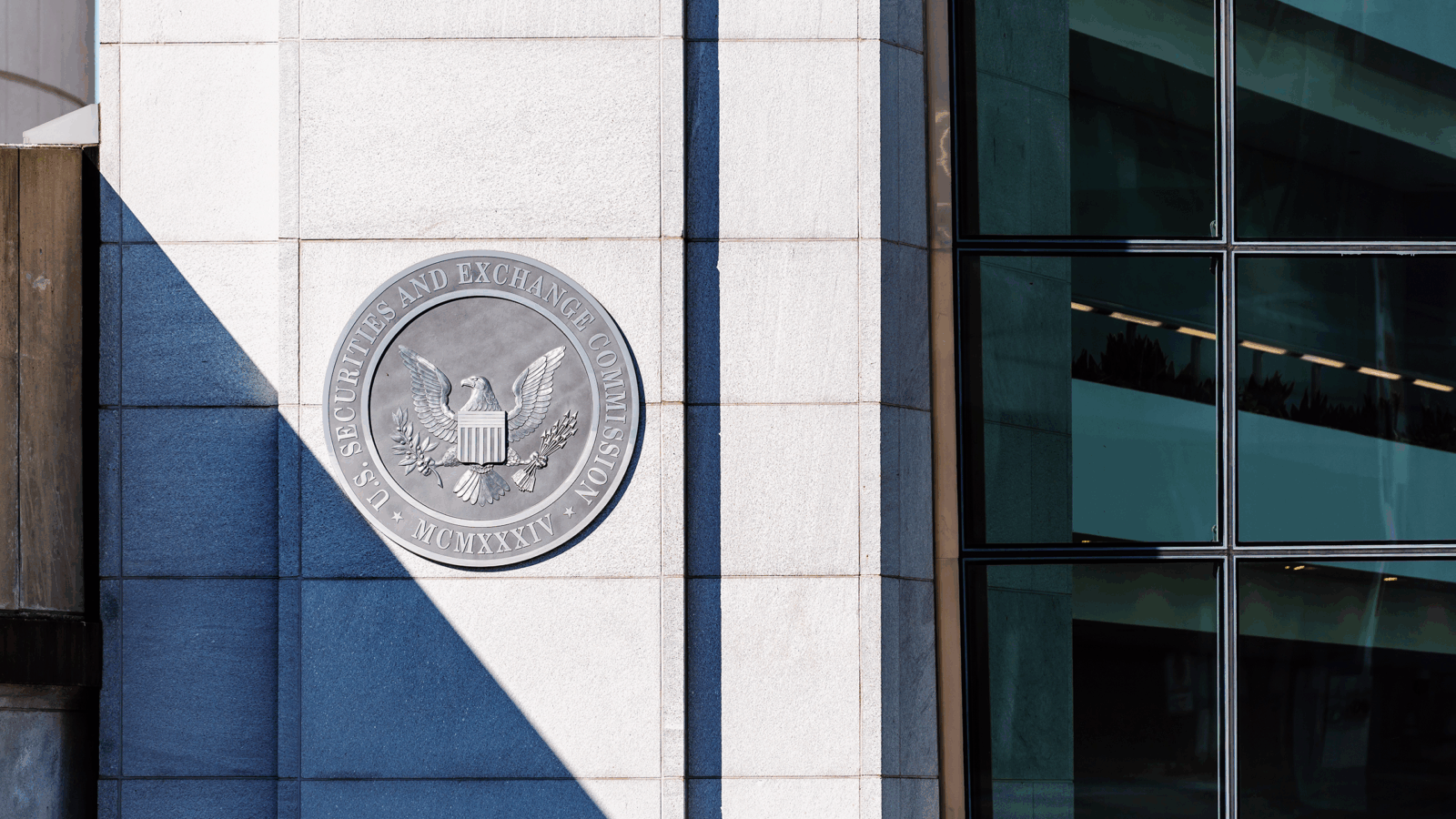Sign up for smart news, insights, and analysis on the biggest financial stories of the day.
Shakespeare once asked, “What’s in a name?” And if Securities and Exchange Commission Chair Gary Gensler had been around to answer, he would’ve replied, poetically: “80% of a fund’s portfolio.”
The SEC plans a Wednesday vote on whether to strengthen its names rule, which seeks to limit deception among mutual funds and ETFs to protect investors. But some in the industry say the crackdown would violate free speech, limit stock picking, and force losses at countless funds.
A Fund by Any Other Name
The existing rule mostly applies only to funds with “bond” or “equity” in their titles; 80% of those funds’ portfolios hold bonds or equities otherwise it risks misleading investors.
The changes, proposed last year, would extend the rule on a more thematic level. For example, if a fund has “environmental, social, and governance” in its title, its portfolio can’t be significantly composed of oil stocks. “It’s overdue for an update,” Stephen Hall of Better Markets told the Financial Times. “Investors often rely on a fund’s name when making investment decisions.”
But industry groups and professionals say the proposed changes are a solution looking for a problem that will only hurt funds and ultimately investors:
- For example, if an ESG fund has 30% of its portfolio in oil stocks but those oil companies have legitimate ESG initiatives, is the fund still breaking the rules? Or what about a fund that has “global” in its title, but the majority of the portfolio’s stocks are based in the US? “[It’s] uniquely unworkable in the current proposal”, Corey Rose of asset manager Dechert told the FT. “There are no Martian securities. All securities are on this globe.”
- The rule change could also force funds to sell some holdings sooner than they would’ve preferred and at volatile times. If a “small-cap” fund suddenly sees the companies it invests in grow to mid-cap, the fund would have to drop them in 30 days if it doesn’t align with the 80% threshold outlined in the SEC proposals.
Conservative Qualms: Gensler, a former Goldman Sachs partner, has been a thorn in the sides of both Wall Street and Washington Republicans since he was confirmed as SEC chair in April 2021. During a Senate Banking Committee hearing earlier this month, Republican members said Gensler was proposing rules and regulations, especially in the ESG and crypto fields, at “a breakneck pace” without allowing enough time for public comment and economic analysis. Gensler replied that despite having proposed roughly 50 rules so far, the SEC is actually approving them at a slower rate than his most recent predecessors. There’s a name for that, too.












